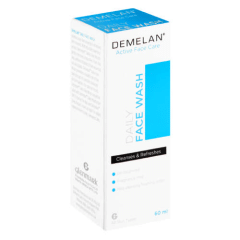Products You May Like
In stock
In stock
In stock
In stock
In stock
In stock
In stock
In stock
In stock
Our company makes delivery all over the country
We offer only those goods, in which quality we are sure
You have 30 days to test your purchase












